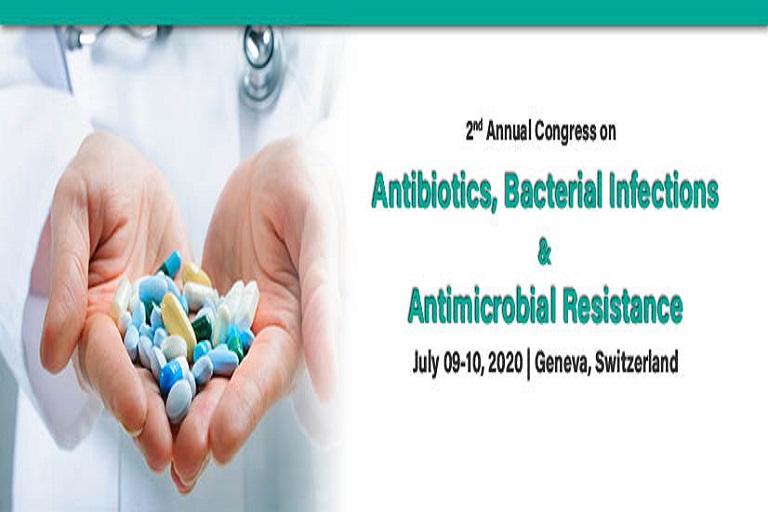Dietary Accommodations For Hospital Patients
A hospital stay is rarely an expected occurrence. It often involves a large amount of pain, the stress of missing work or school, and isolation from loved ones. It can be extremely difficult, or even impossible, for a patient to plan for these types of visits ahead of time. When a patient deals with certain dietary restrictions on top of a medical emergency, this can make a hospital stay that much more stressful. Below, you will find some tips for how to make mealtime more accessible to all kinds of patients.
Educate Your Staff
The first step to creating a restrictive diet-friendly environment is to make sure that your staff is educated on the matter. Your kitchen staff needs to know what ingredients are in certain meals. Not only this, but they must be knowledgeable as to what different food items are safe to give individuals with certain needs. Is rice gluten free? Your staff will need to know the answer when serving an individual who has Celiac disease. Educating your staff can help to avoid potentially harmful and dangerous events that can occur if a patient ingests an allergin.
Have Compassion
It is not uncommon for some individuals to pass judgment on others for their dietary restrictions. Regardless of what a patient asks for, remember that the needs of each person are relative. Some individuals have sensory issues that can be exacerbated greatly by certain types of food. While to some, this may seem like an “unnecessary” request compared to an allergy, this can actually be a very painful experience for the individual who is eating. Extending empathy and understanding to all of your patients regardless of whether or not you understand their reasoning for a restriction will help them feel welcome in your hospital.
Stock Your Shelves
Make sure that there are alternatives to common dietary restrictions, such as gluten-free bread, sun-butter, and dairy-free milk, stocked on your kitchen’s shelves. This way, you can ensure that all of your patients are able to eat a full meal, even when parts of the planned meal may be inaccessible to them. It can be extremely frustrating to look forward to a meal only to discover that you aren’t able to eat a portion of it. Having extra odds and ends available to give out to patients who have dietary restrictions eases some of that frustration.
Be Flexible
Flexibility is key in situations with patients who have dietary restrictions. Some patients who, for example, participate in religions that require fasting may not be permitted to eat during the day. Diabetic patients may need access to food more often than others and at more irregular times. Allowing these patients access to food during the times that they require it can make a huge difference. Even if certain requests go against specific rules that have been laid out, there are cases where it is generally best to make exceptions.
Include All Types Of Restrictions
When accommodating those with dietary restrictions, you must consider those with behavioral restrictions as well. Some individuals with food anxiety or eating disorders may be uncomfortable eating in front of others. Giving these patients a private space in which they can eat is a part of making food accessible. Your facility needs to not only make sure that patients have access to food but that the patients also have access to the action of eating. Both are necessary for a person to get the nutrition they need.
Food is one of the most basic things that humans need to survive. It is imperative that all patients have access to food so that they may be able to get the proper nutrition that they need to heal. Having access to full meals is a part of basic medical care that should be extended to all patients regardless of what dietary restrictions they may have. Otherwise, more health issues may arise as a result.




































